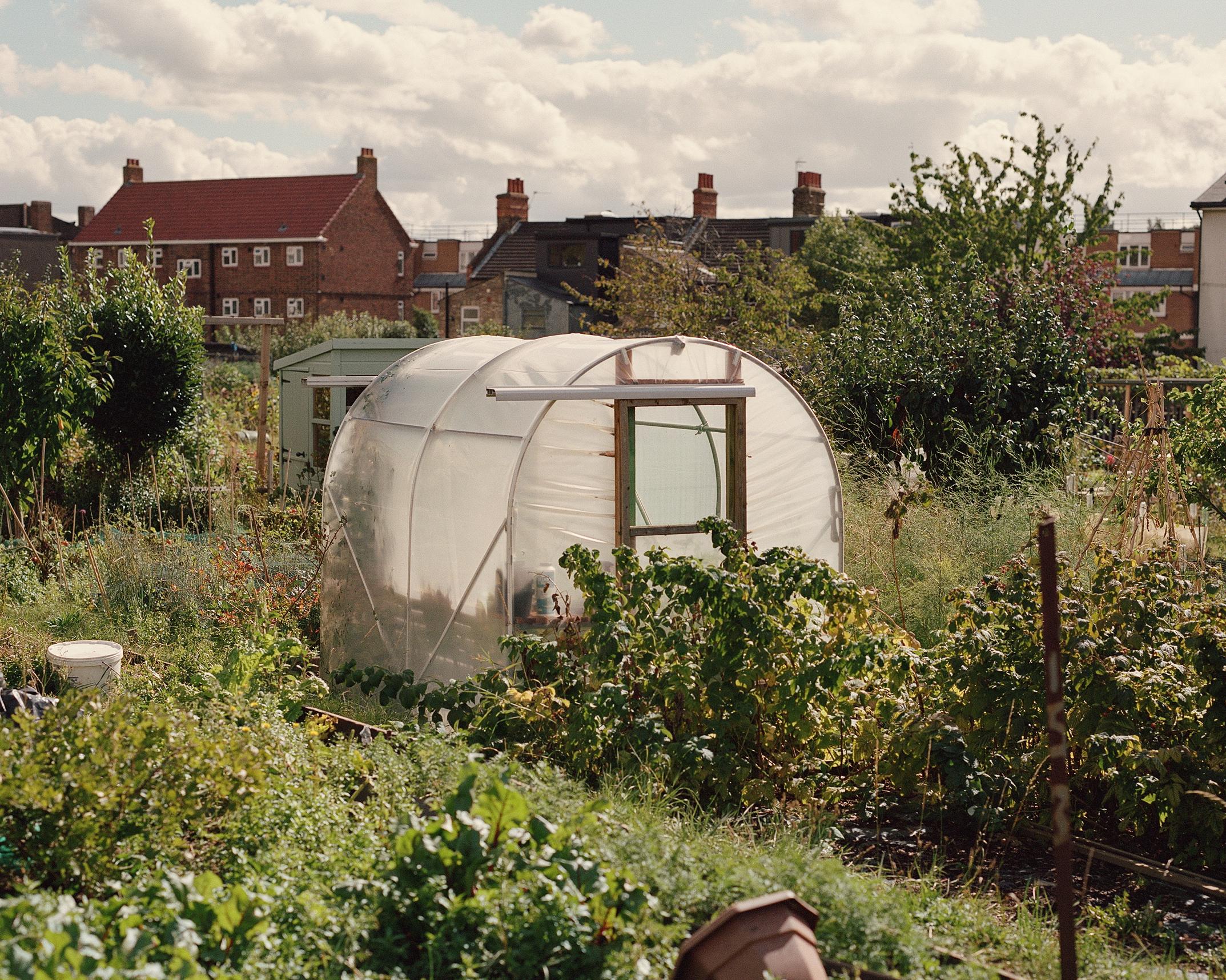Report
Are climate policies fairly made?
How fair are the policies that will shift the UK to a low carbon future?
The transition to a low carbon economy and society will only be 'socially just' if the decision-making process is fair.
This Viewpoint asks whether giving everyone an equal say in decisions is the fairest way to devise policies, or if power should be distributed according to how much (or little) individuals and groups will be affected by climate policies.
The authors argue that:
- fairer decision-making is needed to achieve social justice and protect the interests of the poorest people;
- the principle of proportionality is one way of ensuring greater fairness, i.e. how much do different people have at stake in a decision and who will be most affected by it?
- everyone who is affected by a decision should have some power in the decision-making process – and, as the least well-off people are often most affected by climate change decisions, they should often have the most power in making policies and decisions about climate change.

This report is part of the climate change topic.
Find out more about our work in this area.